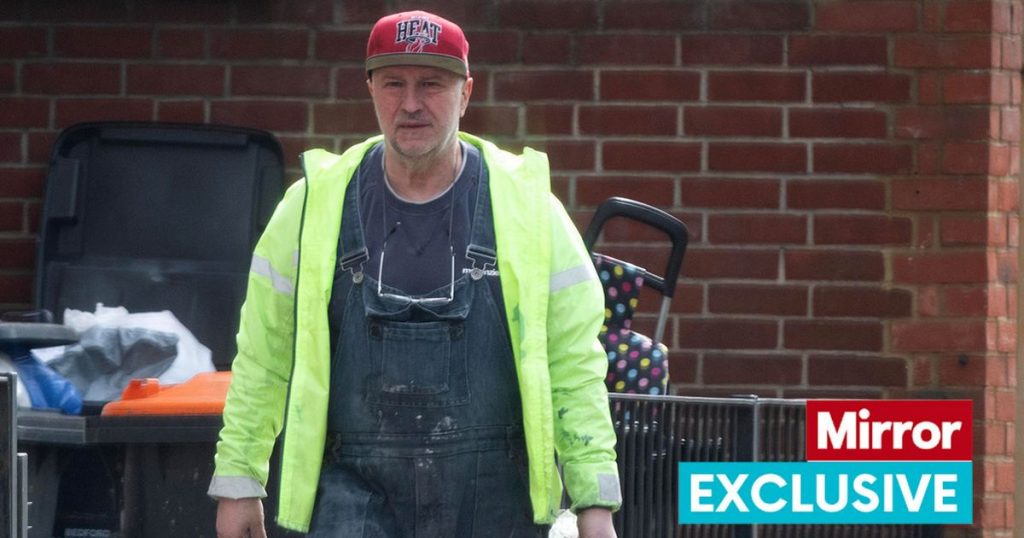An unassuming grandad, Boro Marusic, is a suspected Serbian war criminal fighting extradition from Britain due to his alleged involvement in a violent group led by warlord Slobodan Milosevic. Marusic, 64, faces trial for four war crimes under the Croat penal code for incidents that occurred during the Balkan conflict in the early 1990s. Described as blending in with fellow shoppers while doing everyday activities like grocery shopping, he faces up to 20 years in jail if convicted. Marusic, who has been living in the UK since 1999, denies the allegations against him and claims innocence, stating that he was merely part of the Yugoslav army during wartime.
Croat prosecutors allege that Marusic was involved in the abduction and assault of a man in 1991, as well as in the forced eviction of non-Serbs from their homes in the same village later that year. These actions were part of a larger campaign of violence carried out by the Yugoslav army, which resulted in the deaths of thousands of people in Croatia after it declared independence. Despite the passage of over three decades, Marusic was only recently arrested following an extradition request by Croat authorities. He is currently out on bail and is preparing to fight against extradition at a hearing in London’s Westminster Magistrates Court in July. Marusic, a full-time carer for his wife with two grandchildren, insists on his innocence and cites inconsistencies in the accusations against him.
Marusic’s case highlights the challenges of prosecuting individuals involved in war crimes, particularly when evidence is scarce or difficult to obtain. Many of those responsible for the violence during the Balkan conflict have evaded justice for years, hindering the closure and accountability sought by victims and their families. Marusic’s claims of innocence and his insistence on fair treatment in the Croatian court system underscore the complexity of seeking justice for past atrocities. The extradition process and legal proceedings he faces will determine his fate and the extent to which he is held accountable for his alleged actions during the war.
The case of Boro Marusic serves as a reminder of the lasting impact of conflict and violence on individuals and communities, even decades after the events occurred. The allegations against him shed light on the wider atrocities committed during the Balkan conflict and the ongoing efforts to seek justice for the victims. Marusic’s story also raises questions about the challenges of reconciling past actions with present-day accountability, and the importance of preserving evidence and pursuing investigations to ensure that those responsible for war crimes are held to account. As he awaits his extradition hearing, Marusic’s case represents a larger reckoning with the legacy of conflict and the pursuit of justice for victims of war crimes.


